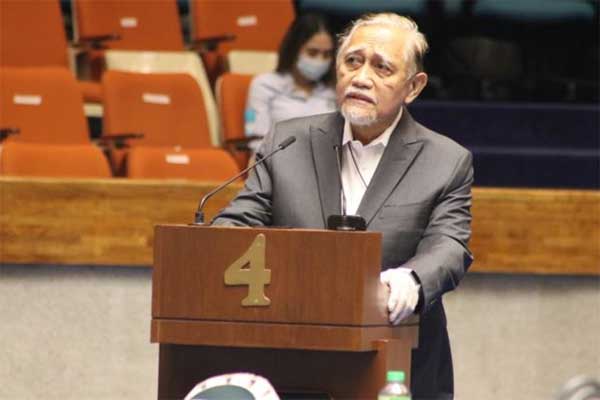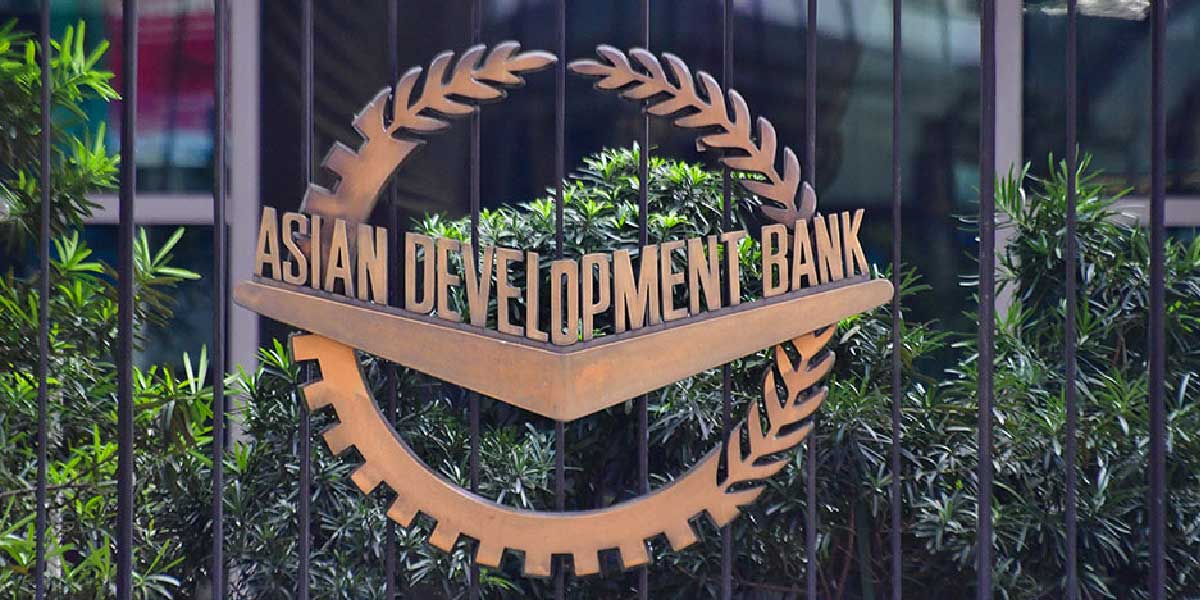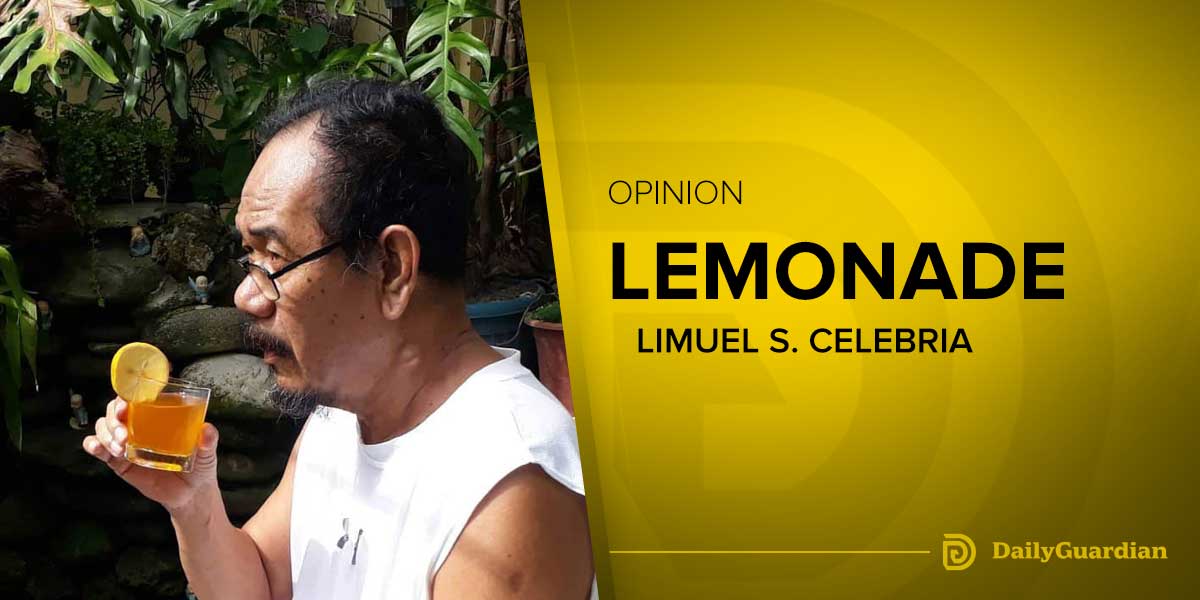
AWASH with funds allegedly from the operations of Philippine offshore gaming operators (Pogo’s), gambling activities, and illegal drugs, it was possible for the Philippine National Police (PNP) to institute a “quota system” that rewarded police for “eliminating” suspects in the previous administration’s war on drugs––a policy that may have led to the death of as many as 30,000 Filipinos.
This, according to House Committee on Human Rights chairman and Manila 6th District Rep. Bienvenido “Benny” Abante Jr., is one of the inescapable conclusions given the evidence and testimonies that have been heard in the ongoing inquiry led by the House Quad Comm.
“In just three hearings, the Quad Comm inquiry has exposed an intricate and expansive network of smuggling and trafficking in dangerous drugs, illegal Philippine offshore gambling operators or POGOs and illegal gambling activities like jueteng that flourished during the Duterte presidency,” said Abante, one of the co-chairs of the Quad Comm.
“These POGO and gambling activities are evils by themselves, but what is disturbing is that the funds from these illegal enterprises were channeled to fund incentives intended to reward law enforcement for eliminating their targets––even if this resulted in the wanton and widespread violation of human rights.”
At the most recent Quad Comm hearing, witness Police Lt. Col. Jovie Espenido told Quad Comm that the Duterte administration and the PNP, under then chief and now Sen. Ronald “Bato” dela Rosa, had allegedly set a daily quota for policemen to “eliminate” or “neutralize” 50 to 200 targets in the war on drugs.
When asked by panel members what the term “neutralize” meant, Espenido said this was understood by police to mean the “killing” of suspects.
According to Espenido, the reward system gave implementers P20,000 for each “kill.” The incentive scheme was funded by money from illegal drugs, POGOs, jueteng, and other illegal gambling activities, as well as the Philippine Charity Sweepstakes Office’s (PCSO) small-town lottery projects.
Espenido alleged that funds were funneled through the former president’s chief aide and now Sen. Bong Go.
He added that though some drug lords were “eliminated,” most of the victims were low-level drug pushers and users, who, if Espenidro had his way, should have been given a “second chance.”
Two other witnesses, confessed killers Leopoldo Tan Jr. and Andy Magdadaro, testified that they executed Chinese drug lords inside the Davao prison in 2016 on the alleged orders of the then-president, which were relayed to them by senior police officers close to Duterte.
They said the prison warden, Supt. Gerado Padilla, even bragged that he received a phone call from Duterte supposedly congratulating him for “a job well done” after they stabbed to death the three Chinese.
Abante reiterated his call for the key personalities in the war on drugs––Dela Rosa, Go, and former President Rodrigo Duterte––to attend the Quad Comm hearings in order to air their side on the issues that have so far been unearthed by the inquiry.
The legislator pointed out that “the Quad Comm has given every opportunity for them to address the testimony given by our resource persons, and I believe they owe it to the Filipino people to explain the conduct of the war on drugs from their perspective.”





















